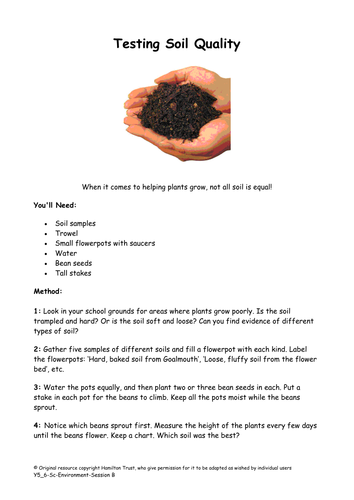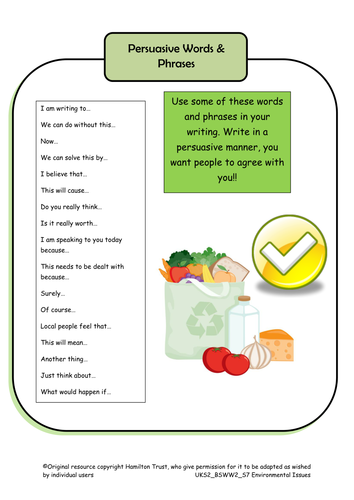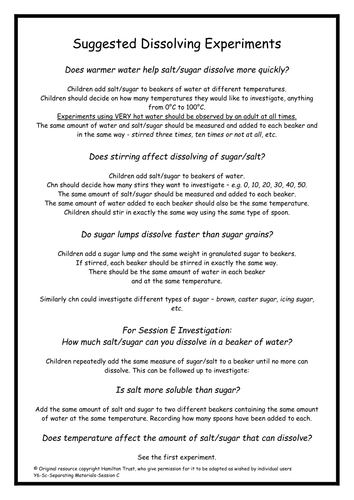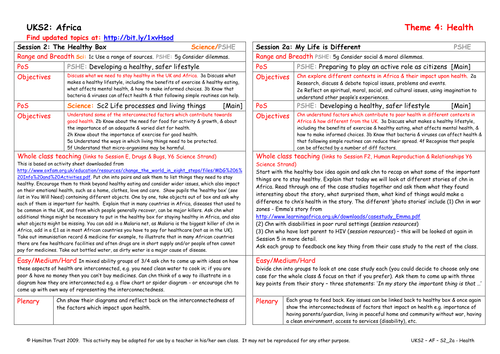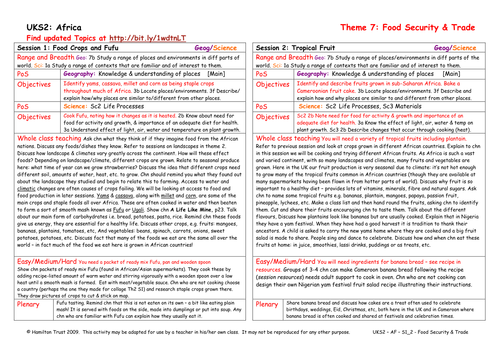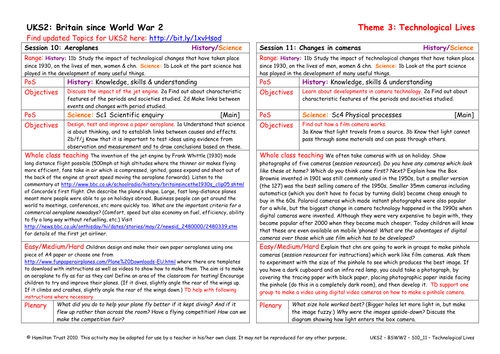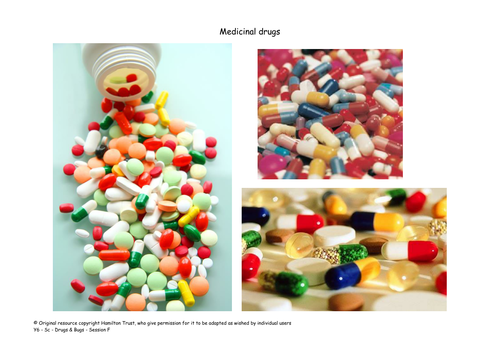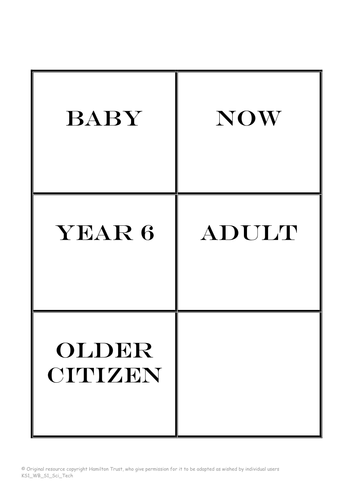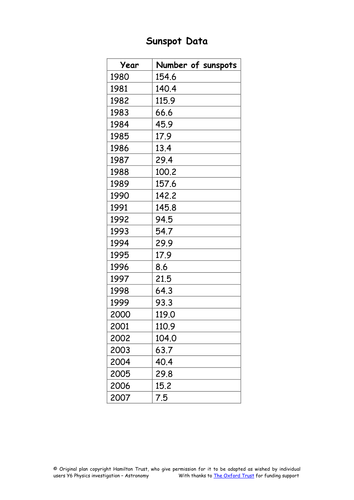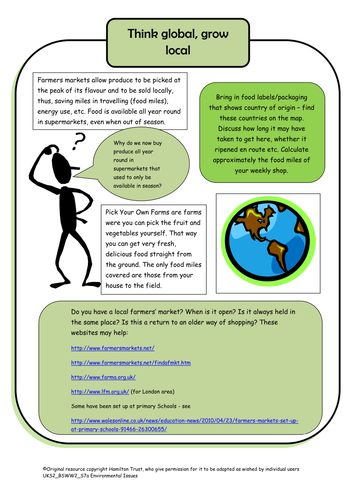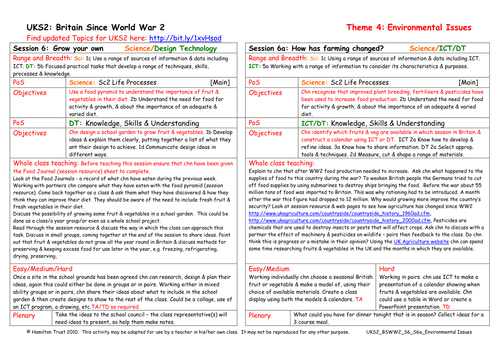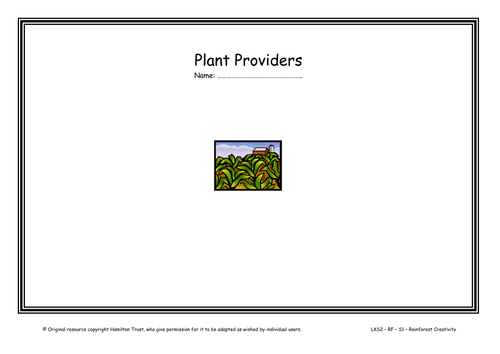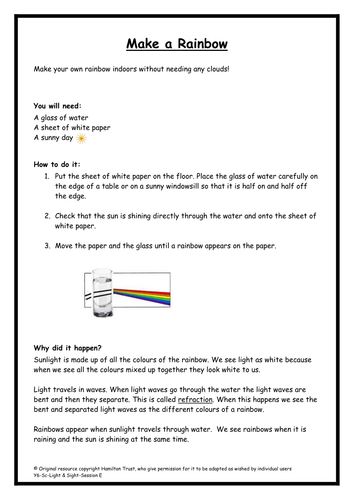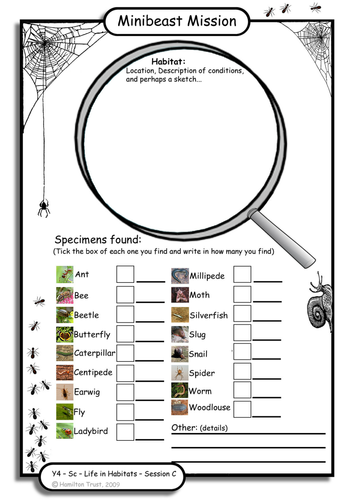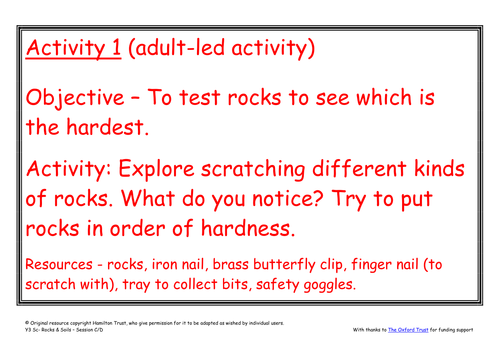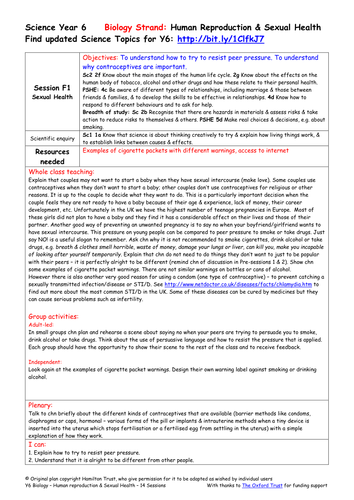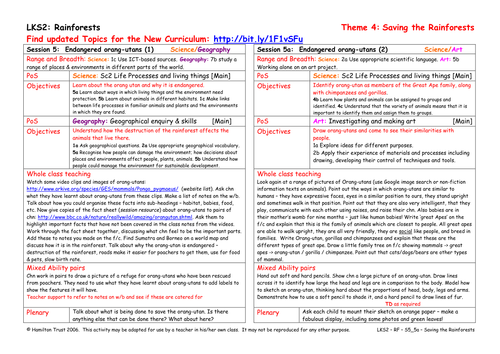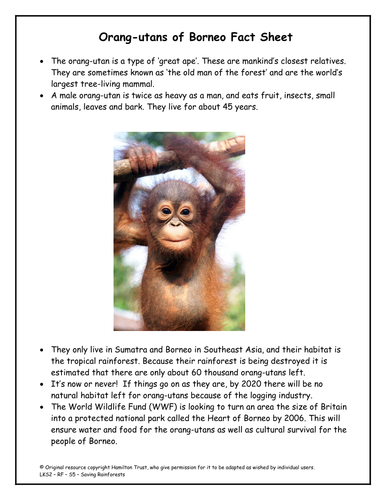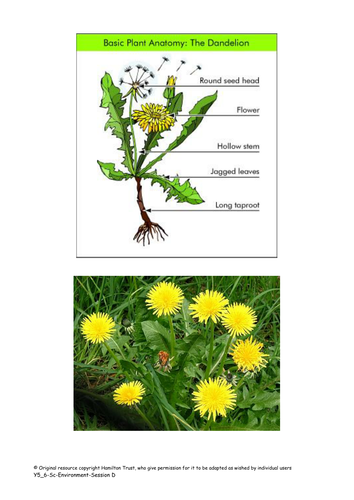
397Uploads
10041k+Views
11644k+Downloads
Elementary science

Soil
Time to get down and dirty! Children bring in soil samples from home and carry out a simple experiment to separate it into layers. This is followed by an experiment to test soil quality before finding out that some plants don’t need soil at all!
Suitable for Y5/6 pupils.

Shopping Bags
Food was bought locally and regularly in small shops after WW2. Assistants picked and weighed food for you, there was very little packaging as paper bags or your shopping basket were used. Children write a letter to persuade shops not to use plastic bags.

Crossing The Channel
Children discuss ways of crossing the Channel and then make a balloon-powered hovercraft.

Solutions
This session will create quite a stir as the children investigate the factors which affect how some materials dissolve in water. They raise their own questions, devise fair tests and create line graphs to find answers.
Suitable for Y6 pupils.

The Healthy Box
Explore with Children the basis needs to ensure good health, and how they are interconnected using the concept of a ‘healthy box’.
Suitable for years 5 and 6.

Tropical Fruit
In this session, we identify and describe fruits grown in sub-Saharan Africa. The need for fruit as part of a healthy diet is discussed and children taste some tropical fruits. Children follow a recipe to make Cameroon banana bread.

Changes in Cameras
Children look at cameras from different decades and then make a pinhole camera, experiment to see which size pinhole works best.

Other drugs
Discuss the use of the word drug for medicinal purposes as well as addictive substances. Children draw posters warning about the dangers of drugs in the home and draw conclusions about the various ongoing investigations about micro-organisms.
Suitable for Y6 pupils.

Journey of Life
How have we changed since we were babies? How will we change as we grow up? Children explore these questions by thinking about the different stages of life and recording their thoughts in zig-zag books.

The sun
Show children that white light is actually a mixture of colours and that the Sun provides heat! Investigate sunspots using shadows and the rotation of the earth around its axis. Finally draw a graph of the number of sunspots a year and identify a pattern.
Suitable for Y6 pupils.

Think Global, Grow Local
Discuss Farmers Markets and Pick Your Own food taking into consideration food miles, energy use, carbon footprint and produce. Calculate food miles involved in weekly shop (using labels and packaging from supermarkets). Children write an acrostic.

Grow Your Own
Children compare a food journal they have kept with a food pyramid which gives the recommended servings of different food groups. The need to include fruit and vegetables is highlighted and children design a garden to grow their own.

Plants with a Purpose
What have plants ever done for us? In this session children find out that plants are more useful than we might imagine.
After discussing all of the benefits and recording them, children start to consider how what plants give us can be used in more creative ways.

'Insight into Sight'
It’s time to prepare exhibits for a Science Fair called ‘Insight into Sight’ which brings together many of the concepts introduced in this block. In this session children create artefacts and prepare their explanations.
Suitable for Y6 pupils.

Field trip!
Organise a field trip in the school grounds, in the local environment or further afield. Children observe and/or collect minibeasts and record them and any evidence (including plants) to indicate why the habitat is suitable for those organisms.
Suitable for Year 4 pupils.

Explore rocks further
Take part in more practical workshop activities including separating sand and stones by sieving, using ICT to research rocks, looking up vocabulary in dictionaries, sorting and naming rocks and testing the effect of vinegar on rocks.
Suitable for Y3 pupils.

Sexual health
Session 1 - Have discussion about contraceptives as a way of preventing an unwanted pregnancy, but also explain that they can help protect against sexually transmitted infections and diseases. Use drama to practise saying no to peer pressure for smoking, alcohol or drugs. Children design warning labels.
Session 2 - Discuss one sexually transmitted disease / infection in more detail – HIV / Aids. Ensure children understand difference between having the virus and the syndrome. Watch a video by children living with an HIV mother and discuss stigma involved with HIV / Aids. Look at statistics and discuss Memory Books and World Aids Day.
Suitable for Y6 pupils.

Endangered orang-utans (2)
Orang-utans are humans closest relative! Children find out more about the great ape and other great apes like chimps and gorillas, before using sketching and shading techniques to draw Orang-utans for display.

Endangered orang-utans (1)
Using the internet and fact sheets children find out more about the Orang-utans and why they have become endangered. What is being done to protect them and their habitats? What else can be done?

Dandelions
Discussing dandelions! Children raise a question about the dandelions growing in the school grounds before planning and carrying out their investigation. Careful observation and measuring in groups are essential before they draw conclusions. Suitable for Y5/6 pupils.

